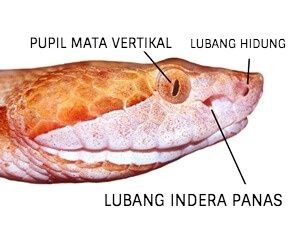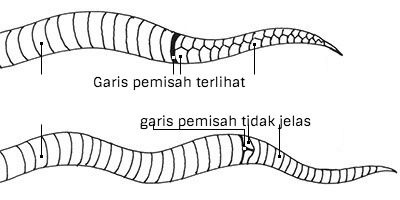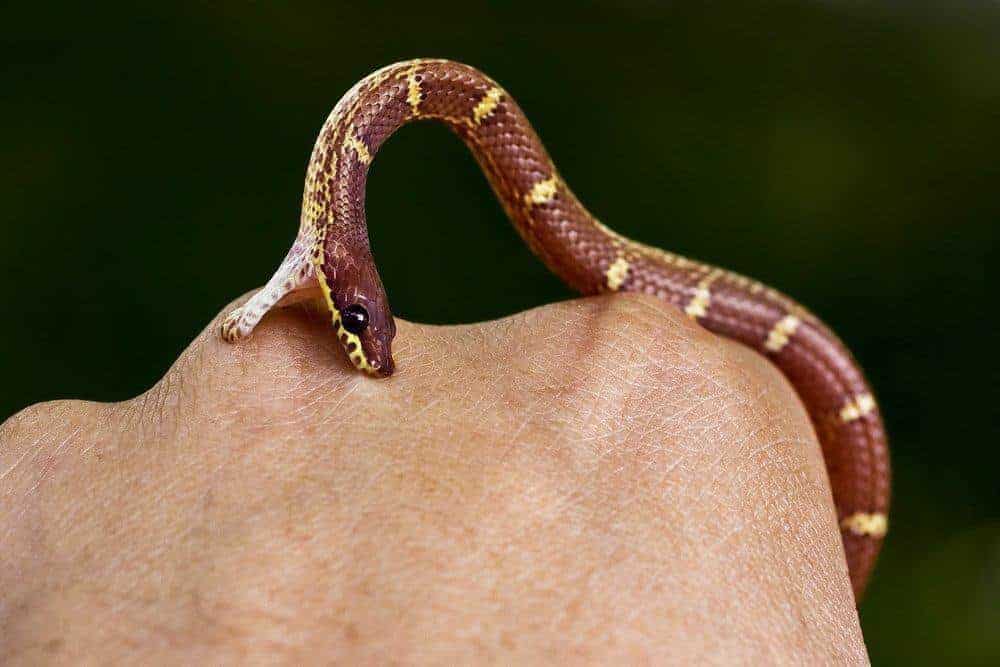Contents:
- Medical Video: 36 Weeks Pregnant and Bitten by a Venomous Snake
- Find out first whether the snake is poisonous or not
- What are the consequences if bitten by a snake?
- What is the effect on the fetus if you are bitten by a snake while pregnant?
- How do you handle snake bites while pregnant?
- 1. Try to stay calm
- 2. Look at the bite marks
- 3. Minimize movement
- 4. Immediately seek medical help
Medical Video: 36 Weeks Pregnant and Bitten by a Venomous Snake
The effects of global warming and deforestation continue to force wild animals to "flee" to densely populated residential areas. No wonder if in recent years you have increasingly read news about tigers, elephants, and snakes found around people's homes. Wild animals can strike back if they feel disturbed or threatened. The snake is especially feared because of its bite which may be venomous and endanger lives if it is pecked. If you are bitten by a snake while pregnant, what should be done? Is there any effect on the fetus in the womb? Here's the full information.
Find out first whether the snake is poisonous or not
All snakes may bite when they feel threatened, but not all poisonous snake bites. Among the 2600 different snake species, there are around 400 poisonous snakes while the rest are not venomous.
In Indonesia alone, there are quite a number of types of poisonous snakes. For example snake spoon, welang or weling snake, Javanese cobra, ground snake, green snake, sea snake, tree snake, King Cobra, and others. These snakes are often found in shrubs, plantations, swamps, rice fields or agricultural land, and may even be urban.
So, how do you differentiate between venomous snakes and those who don't? Actually, there is no sure way to distinguish it unless you are a snake expert. Even so, there are some general guidelines that can help you.

Venomous snakes generally have triangular or diamond-shaped heads (long rectangles) that looks sharp when viewed from the side and has a heat sensing hole. Non-venomous snakes usually have round or round head shapes, and do not have holes.
The eyes of a poisonous snake look like a cat's eye, with oval vertical pupils resembling a slit line. A non-venomous snake has round pupils, somewhat similar to the human eye.

Other than that, poisonous snakes have one row of scales at the end of the tail. In non-venomous snakes, there are two lines seen separating two rows of scales at the tip of the tail. If you don't see a line that separates two rows of scales, this is a sign that the snake is poisonous.
What are the consequences if bitten by a snake?
The impact of snake bites will depend on the type of snake. Apart from venomous or not, snake bites generally cause skin bruising, pain, swelling, bleeding; nausea, vomiting, headache, dizziness or vertigo, weakness until fainting.
The venom can work to damage the nerves and internal organs. In addition to the general symptoms above, the bite of a poisonous snake may also cause instant paralysis or slow death. Most snakes can work slowly, so it does not directly cause death. Death from snake venom can come as fast as 10 minutes to several hours, depending on how many doses you can receive. The time of the average death after the bite is around 30-60 minutes.
Even so, it does not mean that the bite of a non-venomous snake may be a mistake. Even though it's not toxic, you still have to seek medical help because non-snake bites can also risk causing infection. Bites from large snakes, such as boa snakes, can cause large gaping injuries that are at risk of causing heavy bleeding so you are advised to treat the wound immediately.
What is the effect on the fetus if you are bitten by a snake while pregnant?
If you are bitten by a non-venomous snake, you can be sure that the symptoms only appear to be limited to the mother's body. Because, there are no poisons that enter the mother's blood.
Another story if you are bitten by a poisonous snake. While causing physical symptoms in the mother, snake venom can also enter the blood and flow into the placenta and eventually enter the fetal blood circulation.
Until now it is not known exactly what the risks of complications that may occur in the fetus in the future if the mother is bitten by a snake while pregnant. A study in China found no significant growth problems in children born to mothers who had been bitten by snakes during pregnancy. Need further research because the scientific data is still very limited.
How do you handle snake bites while pregnant?
1. Try to stay calm
The first step to do if you or a pregnant woman bitten by a snake is to create a calm situation. This is important because panic situations can worsen your condition.
2. Look at the bite marks
As much as possible know the type of snake that bites (see explanation above). If you are still unsure, look at the shape of the bite.

Two round punctures that are close and visible within indicate that the snake is venomous. Conversely, bite marks that resemble ragged and shallow teeth mean the snake does not have fangs, which are only possessed by non-venomous snakes.
3. Minimize movement
Try to keep the affected limbs from moving or moving a lot. This aims to inhibit the spread of snake can if a bite occurs by a poisonous snake. Position the body area where the bite is lower than the heart and other body positions.
Remove the ring or watch or loosen clothes from bitten limbs, so as not to aggravate the swelling.
Then clean the bite place. However, do not rinse it with water. Wipe with a clean, dry cloth and wrap it with clean gauze. Balut starts from the bottom to the top of the bite mark quite tightly.
4. Immediately seek medical help
Immediately go to the nearest health facility so that the wound can be examined and handled further. Doctors will usually give anti-snake venom serum (SABU) to neutralize snake venom.
Even so, the use of SABU cannot be guaranteed to be safe for pregnant women. Some data suggest that SABU can affect fetal growth and development, while other studies suggest otherwise. The lack of research and supporting data in the world makes consideration of doctors important in this case.
You should consult with a doctor about the best and safest treatment for you if you are bitten by a snake while pregnant.












